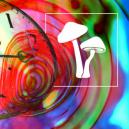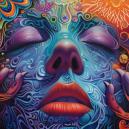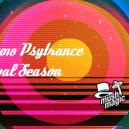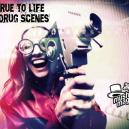Everybody Is On Drugs, So Let's Make A Change
Published :
January 15th, 2018
Categories :
Lifestyle

Everybody takes drugs of some kind and it is about time the laws and public opinion changed to suit. Prohibition is an outdated response to drug use that makes criminals of everyday people, while allowing career criminals to flourish. Society is suffering.
Practically everybody takes drugs of some kind. That morning jolt of caffeine or pre-bed chamomile calmative to the occasional disco biscuit before a concert or that puff to relax. Drug use is just as common among the privileged as it is the less so. Drug use is even more common among rich, university educated and successful people. The majority take drugs of some kind and for the majority, this is usually unproblematic.
The decisions by governments that make one substance legal and another prohibited seem arbitrary at best. Cruel laws turn otherwise law-abiding citizens into criminals. Condemning them for their choice of recreation. Labels like junkie or drug addict get applied to otherwise normal people because of confounding prohibition laws.
When it comes to drugs, laws seem to be made to persecute minorities and are often just thinly veiled racism or class discrimination. Unfair drug laws only line the pockets of dubious businessmen (prisons and prescription drugs) and raise revenue for governments (fines and property seizures).
Applying criminal penalties to otherwise harmless people for drug possession causes more harm than good. It stigmatizes people who use drugs and creates barriers to treatment, rehabilitation and honest communication with the people that matter. Most governments in the world still need to review their drug policies. They must rationally respond to the evidence and statistics, the outcries of drug experts and needless drug-related deaths.

PROBLEMS AND SOLUTIONS: CRIMINALISING DRUGS DOES MORE HARM THAN GOOD
Governments today paint a picture of society teetering on the edge of depravity, with drug legalisation the final push required to doom us all. Unfortunately, this attitude is hopelessly out of touch (and doubtless hypocritical) because drugs are a fact of life.
Modern, scientific thinking is that most present drug policies are unethical in a number of ways. As of right now, organized crime makes fantastic profits from the drug trade and corrupts the very societal systems we rely on to function properly.
It is within the black-market’s interest for certain drugs to remain illegal, because if they are regulated, they lose trade.
This corruption also spreads to within the legal side of the industry. Pharmaceuticals spend big money to lobby against the legalisation and research of certain drugs. You only need look at cannabis legalisation in the US, where big pharma funds anti-cannabis campaigns. Why? Because once again if certain drugs are legalised, they lose a part of their market – cannabis is replacing prescription opioids here it is legalised.
A BRIGHTER FUTURE?
A healthy attitude towards drugs brings a number of benefits to society at large. Standardization of dosage means lower risk of overdosing and less stress on the overworked hospital systems. The police and legal system would be freed up to deal with crime, real crime.
Monies could be properly taxed and used for the benefit of everybody instead of disappearing into the black market. Legal drugs could see that money funnelled into school programmes and environmental rehabilitation – much like is going on in Colorado.
Legalization can destigmatize people who choose to use drugs. Society will become healthier if the focus is on education, not prohibition. Drug use can be made more ethical by promoting healthy awareness and personal responsibility. Information about the pleasures and excitement alongside the dangers and potential of misuse is what we need.
Drug use increases year after year. Unfortunately, so do arrests. As a result, it is the poor and minorities that lose out. It just seems unfair that those with means for legal representation can use drugs and remain unscathed. By forcing drug use into the shadows, you place the most disaffected in society at greater risk. Street drugs are outrageously overpriced and of dubious quality, and health care is non-existent. Doesn’t it seem like a waste of resources to bust, process and jail a homeless drug addict?
The 2016 Global Drug survey listed the top ten most popular drugs in the world. From one to ten they were cannabis, MDMA (ecstasy), cocaine, amphetamines, LSD (acid), magic mushrooms, prescribed and non-prescribed opioid medication, nitrous oxide, ketamine, and poppers. Legalizing these drugs precludes organized crime, generates astonishing tax revenue and helps to combat addictions. Someone simply wouldn’t be able to purchase addictive quantities of cocaine for example.
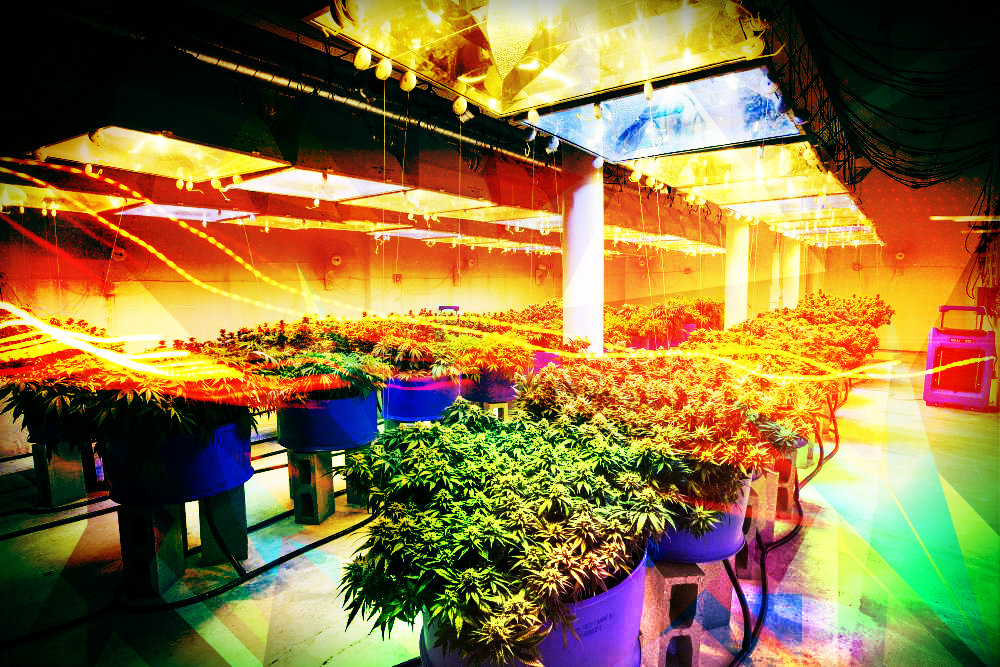
There are hundreds of millions of people who want to be perfectly honest about their drug use. Prohibition has skewed the public’s perception of drugs. That it is something that should be hidden. It prevents sincere conversations with the people that matter as long-held misconceptions cloud their opinions. It might be kind of cool right now to publicly admit your drug use. But only if you are one of an entitled few that are perceived as nice people.
It doesn’t mean that drugs should be sold at the local supermarket or corner store. Appropriate places for purchase and consumption need to be considered.
You need to understand that drug use is as varied as it is common. So it is time we make a change. Policies and attitude are completely out of touch, even with something as non-addictive and harmless as cannabis. A disproportionate amount of drug arrests (75%) are for cannabis-related incidents. When all you need do is look at Colorado in the United States.
The legalization of the most popular drug in the world has generated a tax windfall that is reshaping society for the better. In 2016 over 200 hundred million dollars was spent on health programmes for public schools, housing for at-risk populations and treatment programmes to fight the opioid crisis.
One thing is for sure, the current model of drug policy is not working. It fuels a culture that allows the black market to thrive, fills prisons with non-violent offenders, and ruins lives. The paradigm needs to shift from a punitive focus to one of healthcare. Only then can our society truly address its drug problem.












